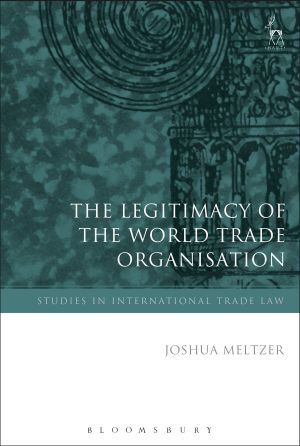
The range of global challenges faced today from economic integration to climate change and food security has highlighted the need for effective international governance. The WTO plays a key role in the governance of world trade, which has grown almost 200% since the WTO's beginning. Moreover, the role of trade in driving international economic integration means that formerly domestic regulation, on issues as varied as human health and labelling standards, directly affect international trade and are increasingly subject to WTO rules. The scope of the WTO's power and role in international economic governance highlights the need for this power to be legitimate. Only legitimate governance where the exercise of power is accepted by those subject to its power is sustainable and ultimately effective. A legitimacy deficit reduces the ability of the WTO to drive liberalization or develop rules to address new challenges, and ultimately leads to non-compliance by countries with their WTO commitments. Drawing on different democratic theories to analyse the legitimacy of the WTO, its rules and jurisprudence, this book examines the question of legitimacy and proposes how current limits to the WTO's legitimacy can be addressed.